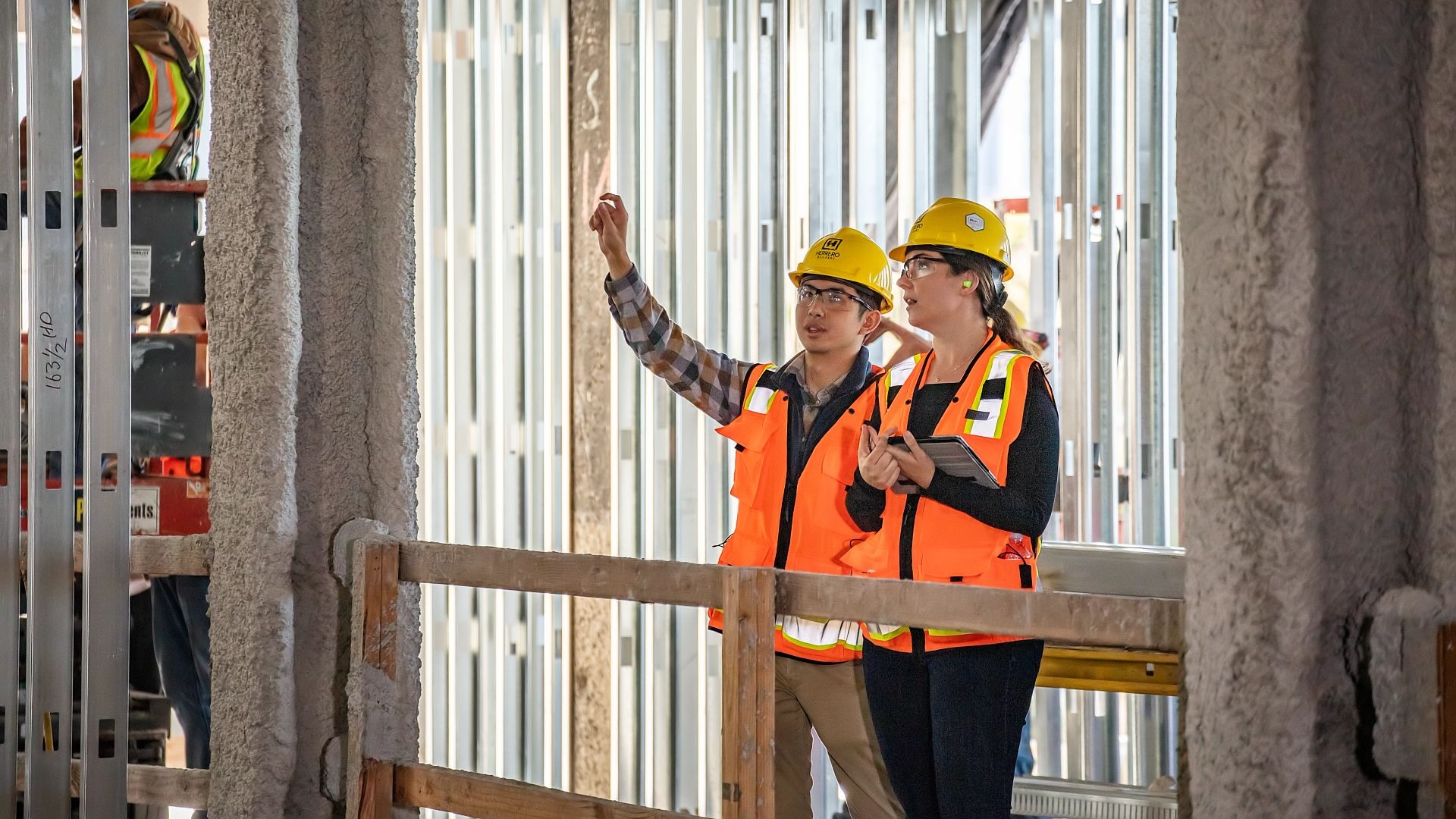
Selecting a qualified building contractor is crucial for the success of any construction project experience.
- Specialized Skills: Look for contractors with specific expertise in the type of construction you’re undertaking. For example, if you’re building a custom home, seek a contractor with experience in residential construction.
- Project Portfolio: Review the contractor’s portfolio to assess the quality of their previous work. Visit completed projects if possible to get a firsthand look at their craftsmanship.
- Licensing and Insurance: Ensure the contractor is properly licensed and insured. This protects you from potential liabilities and ensures that the work is performed legally and safely.
Building Trust and Communication
- Clear Communication: Choose a contractor who communicates effectively and openly. They should be able to clearly explain the project scope, timelines, and costs.
- Open Communication: Maintain open and consistent communication with the contractor throughout the project. Discuss any concerns or issues promptly and work together to find mutually agreeable solutions.
- Building a Strong Relationship: Build a strong and respectful relationship with your contractor. Treat them with professionalism and respect, and appreciate their expertise.
Contractual Agreements
- Detailed Contracts: A well-defined contract is essential to protect both the homeowner and the contractor. The contract should outline the scope of work, payment schedules, timelines, and any agreed-upon change orders.
- Reviewing the Contract Carefully: Review the contract carefully before signing. Ensure you understand all terms and conditions and that all your questions have been answered.
- Addressing Changes Promptly: If any changes to the original scope of work are necessary, address them promptly and obtain a written change order to avoid disputes later.
Project Management and Oversight
- Project Management Skills: A good contractor will have excellent project management skills. They should be able to coordinate subcontractors, schedule work effectively, and ensure the project stays on track.
- On-site Supervision: Regularly visit the job site to monitor progress, address any concerns, and ensure the work is being performed to your satisfaction.
- Quality Control: Conduct regular inspections throughout the project to ensure that the work meets the agreed-upon standards of quality.
By carefully selecting a qualified and reliable building contractor, you can increase your chances of a successful construction project that meets your expectations and enhances the value of your property.
